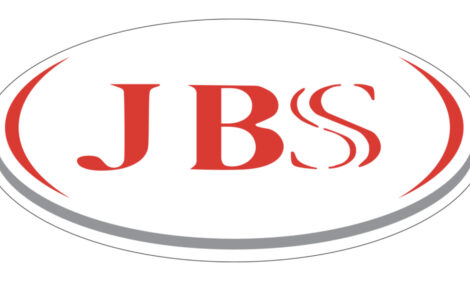



2013 Onwards: The Future of CAP?
EU - Speaking at a workshop on "The Future of the Common Agriculture Policy (CAP) after 2013", Mariann Fischer Boel, the Agricultural Commissioner reiterated her views on the need for CAP.With only 10 minutes to speak, the Commissioner made it clear from the start that she believed very firmly in a strong CAP for the future. "The CAP may need further changes for the future, but these changes must strengthen it, not weaken it."
She said that a strong policy was needed because of concerns about food security, to ensure good land management and to face up to the problem of climate change.
Speaking about food security, Ms Fischer Boel, said that experts had predicted that agricultural production would need to increase between 70 and 100 per cent, to cater for the expected population increase. Food security depends partly on trade, and the European Union will continue to have a very positive attitude towards agricultural trade, the Commissioner said, joking that the EU makes a lot of money from it as well!
She stressed that it was important not to neglect our domestic production base. "Should global food supply become concentrated in just a few areas of the world, that supply would be dangerously vulnerable to shocks from disease or bad weather."
Ms Fischer Boel continued to discuss good land management to protect the environment and biodiversity, saying that it was important farmers were treated with respect as partners in looking after the environment.
She addressed climate change, quoting that about 9 per cent of the EU's total greenhouse gas emissions come from agriculture. She said a strong policy would support producers in cutting emissions and support balanced development in rural areas. Ms Fischer Boel said that a future policy should include investment into making our farming systems more climate-friendly, through technology and training.
The Commissioner said that the days of heavy, detailed market management were over, however clarified that she did not support complete deregulation. Saying it was important to give farmers the freedom to respond competitively and creatively to market signals, Ms Fischer Boel also said a strong policy would support them through crises, to protect the production base.
She stressed: "It is possible to have a safety net that doesn't discourage competitiveness, and that's what we need."
Ms Fischer Boel envisions a policy that is open to new ideas, but also accepts what has previously worked well. She finished saying that winning and keeping support for CAP means designing it around clear goals to which the public can sign up. But of course, setting clear and logical goals could have implications for how money is divided up between Member States and regions, an area which she recognised as sensitive.


